Supporters who attended the ODM@20 event in Mombasa were expecting a celebration, but the atmosphere changed sharply when Winnie Odinga delivered a bold warning that ignited a political storm inside the party.
She told the crowd that a powerful group within ODM was secretly working on a plan to sell the party, a claim that immediately caused tension and raised questions about loyalty at a time when the movement is still healing from Raila Odinga’s recent death.
Her message was direct, emotional, and confrontational, setting the stage for one of the most heated moments in ODM’s history.
Winnie explained that these unnamed individuals were pretending to stand with the party during the day but holding private meetings at night to push their agenda.
She insisted that ODM was not created for people to trade it for political advantage. She reminded supporters that the party was founded through sacrifice, hardship, and a long struggle for justice.
According to her, those who fought for ODM endured arrests, intimidation, and pain, and that history must not be destroyed by people seeking short-term gains.
Her speech immediately exposed the widening cracks within the movement and forced many to confront the reality of internal betrayal.
Her comments came at a time when ODM is deeply divided over its approach to the Kenya Kwanza government.
Some leaders believe the party should cooperate with President William Ruto to secure political benefits, while others insist that ODM must remain fully independent as the 2027 General Election approaches.
Winnie’s remarks strengthened the faction that believes cooperating with the government would weaken the party’s identity and betray its long-standing values.
The political heat rose further when Siaya Governor James Orengo took the stage. Orengo made it clear that he opposed any plan for ODM to work with President Ruto.
He referred to members supporting cooperation as cowards who were ready to abandon the party’s mission.
He argued that the government had failed Kenyans and was now desperate for political legitimacy.
According to Orengo, ODM should not behave like it needs the government’s support to survive.
His tough message echoed the position of Dr Oburu Odinga, who had earlier warned that the party would never allow itself to be consumed by other political formations.
Hassan Joho, now the Cabinet Secretary for Mining, offered a more controlled response. He urged ODM members to maintain discipline and allow official party organs to communicate positions.
Joho’s tone targeted both sides of the divide as he warned that public confrontations could damage the party during a sensitive transition period.
Even though he serves in government, Joho remains influential in ODM politics and his call for unity reflected concern that uncontrolled disagreements could weaken the movement.
Edwin Sifuna, the party’s Secretary General, also stepped in with a strong message. He assured supporters that he would not offer blind support to the government and insisted that ODM remains strong enough to field its own presidential candidate in 2027.
Sifuna’s stand aligned closely with Orengo’s views and reassured members who fear the party could lose its identity. He emphasised that ODM must stay firm, avoid internal sabotage, and protect its mission as the country moves closer to the next election.







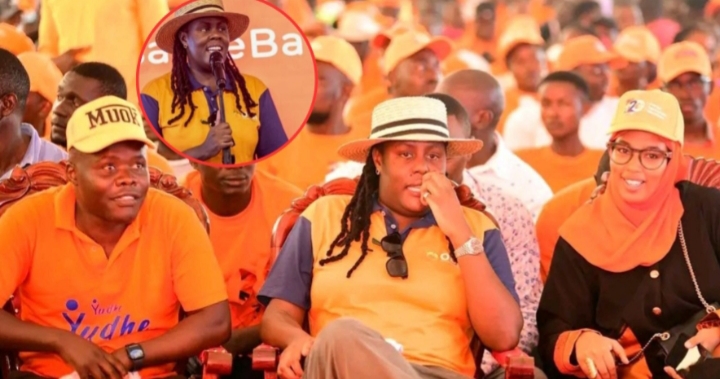
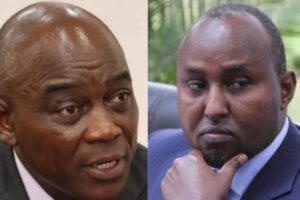
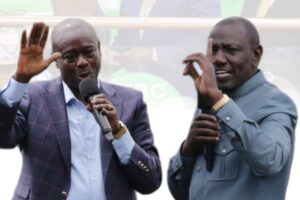
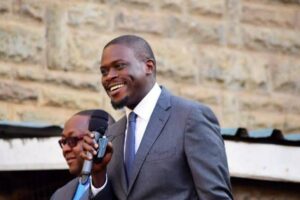
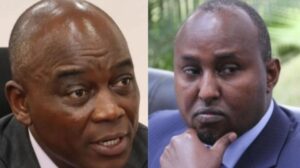
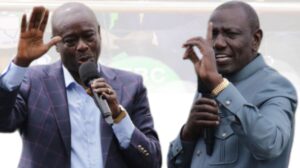
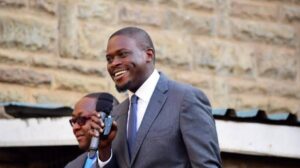
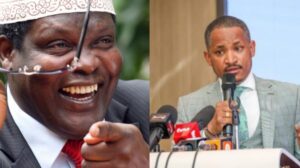

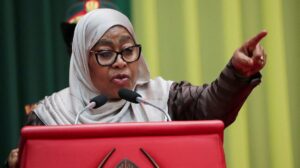
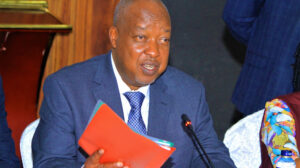
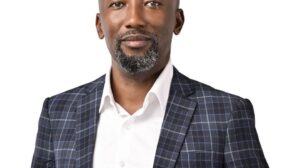
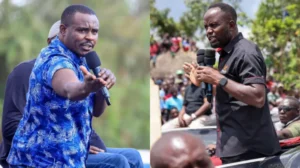
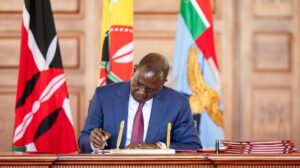
Add Comment